Blueberries may look small, but they’re a powerhouse of flavor and nutrition. Packed with antioxidants, fiber, and vitamins, these berries help boost brain health, improve digestion, and protect against inflammation. Yet, many people don’t realize that small handling and storage mistakes can quickly reduce their freshness and nutritional value. From washing them at the wrong time to keeping them in sealed containers, simple errors can make them spoil faster or taste bland. Whether you enjoy blueberries in your morning oatmeal, smoothie, or as a snack, understanding how to care for them properly can make every bite sweeter and healthier. Here are ten common mistakes people make with blueberries and how to easily avoid them.
1. Washing Them Too Early
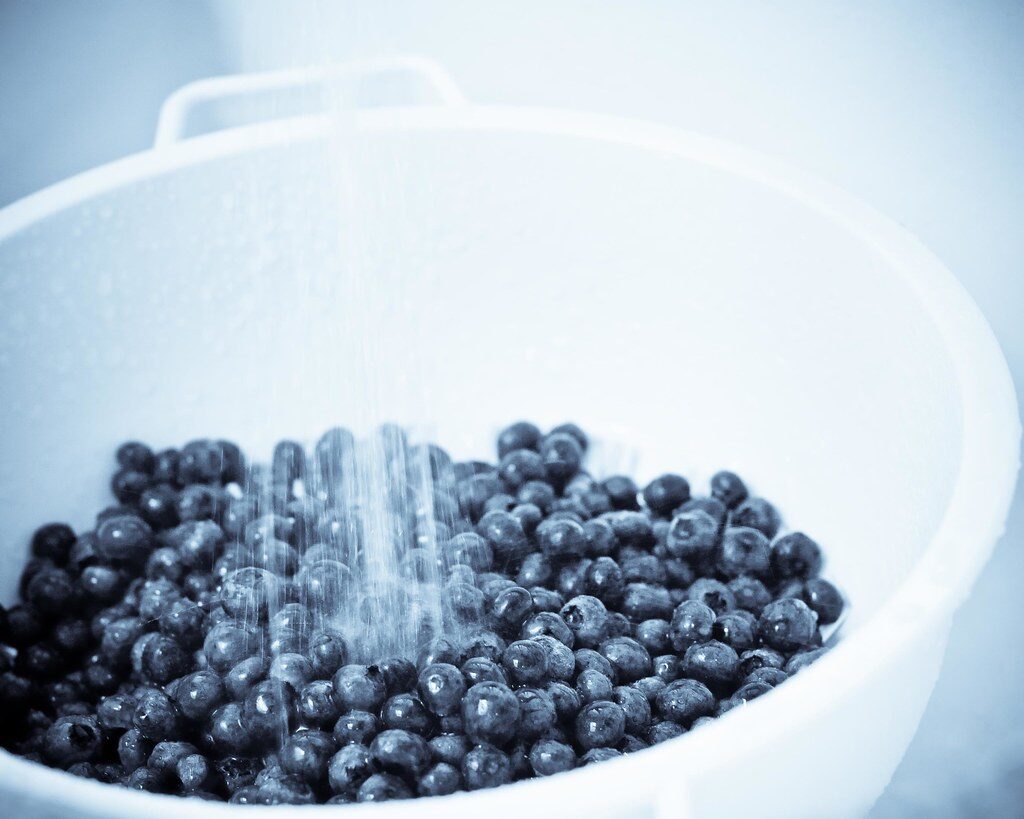
Washing blueberries right after buying them might seem like a good idea, but it actually makes them spoil faster. The moisture left behind encourages mold growth and softens their delicate skin, reducing their shelf life. Instead, keep them unwashed in the refrigerator until you’re ready to eat or cook with them. This helps maintain their texture, color, and freshness for a much longer time. If you want to prep them ahead, gently rinse and dry them thoroughly before storing in a clean, dry container. Keeping them dry is key to keeping them delicious.
2. Storing Them in Airtight Containers
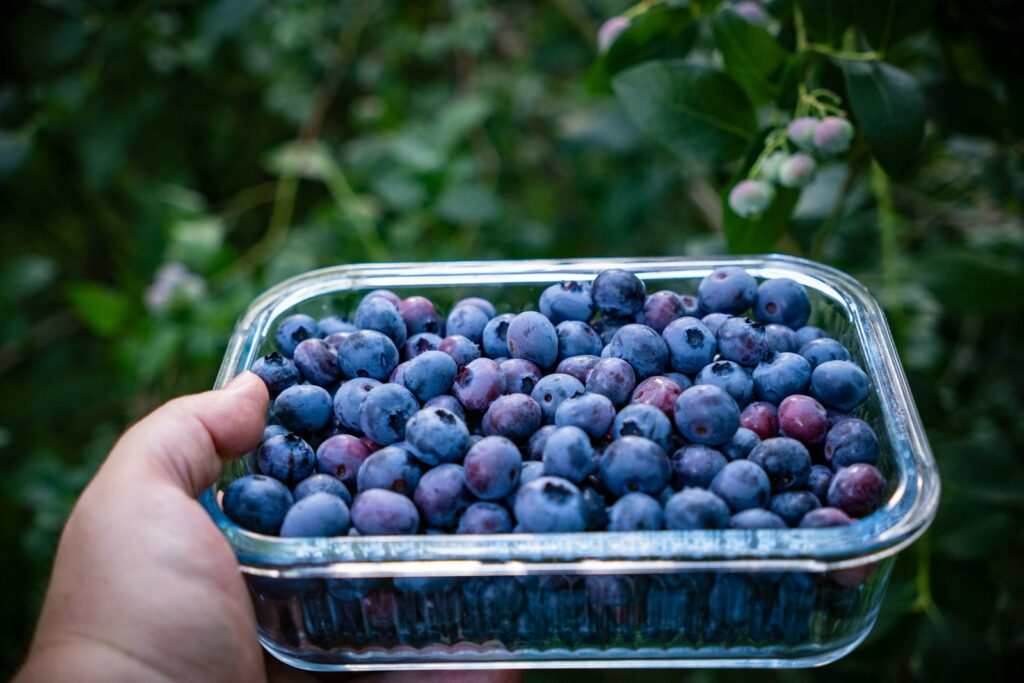
It might seem logical to store blueberries in airtight containers to keep air out, but these berries actually need proper airflow. Sealing them too tightly traps moisture, leading to quicker spoilage and mold growth. The best way to store them is in their original ventilated container or in a shallow dish lined with paper towels. This setup absorbs any excess moisture and allows air to circulate freely. Store them in the refrigerator’s crisper drawer for the best results. Avoid stacking them in deep containers, as the weight can crush the berries at the bottom.
3. Ignoring Moldy Berries
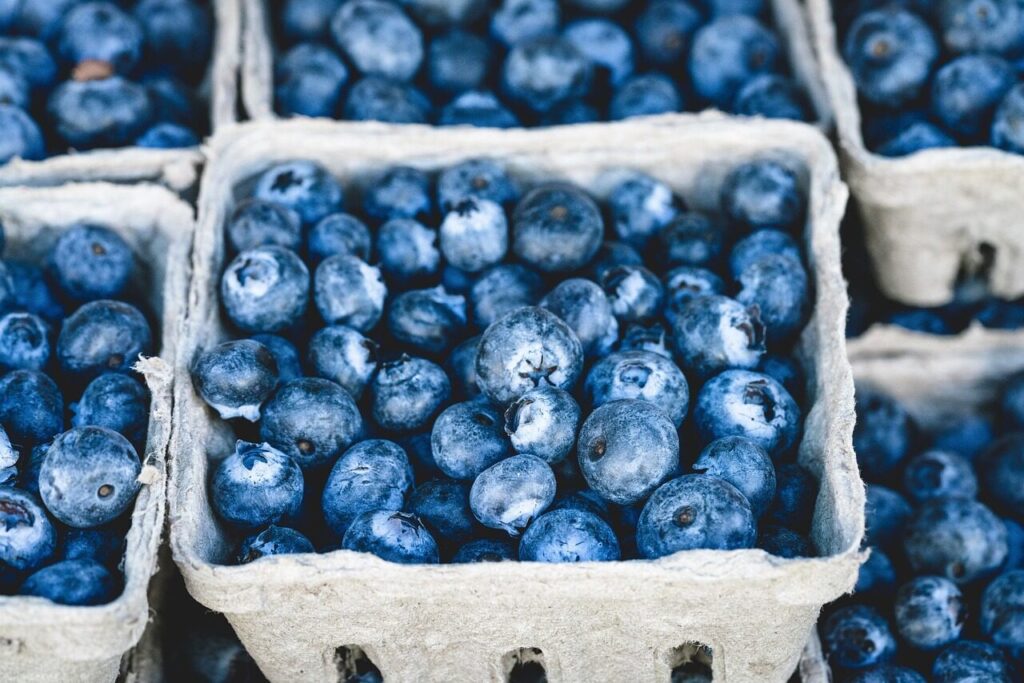
When you see a few moldy blueberries in your container, it’s important to act quickly. Mold spreads faster than you might expect, especially when the berries are stored close together. Leaving even one spoiled berry in the batch can cause the rest to go bad within days. Regularly check your blueberries for soft, wrinkled, or fuzzy ones and remove them immediately. Doing this small step helps preserve the freshness of the remaining berries. Cleaning the container occasionally and keeping it dry also helps prevent mold from forming in the first place.
4. Freezing Without Preparation
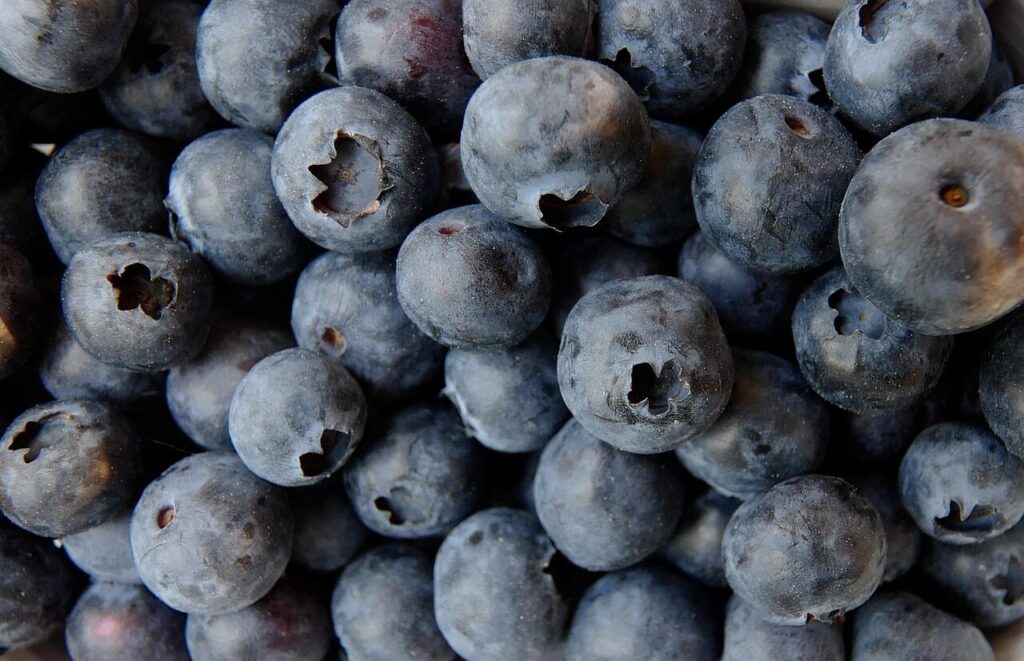
Freezing blueberries is a great way to extend their shelf life, but dumping them straight into a bag can cause them to clump together. This makes it hard to use just a small portion later. Instead, spread them in a single layer on a baking sheet and freeze them for a few hours before transferring to a resealable freezer bag. This method keeps the berries separate and easy to measure out for smoothies or baking. Remember to label the bag with the date, and try to use them within six months for the best flavor and quality.
5. Not Letting Frozen Berries Thaw Properly
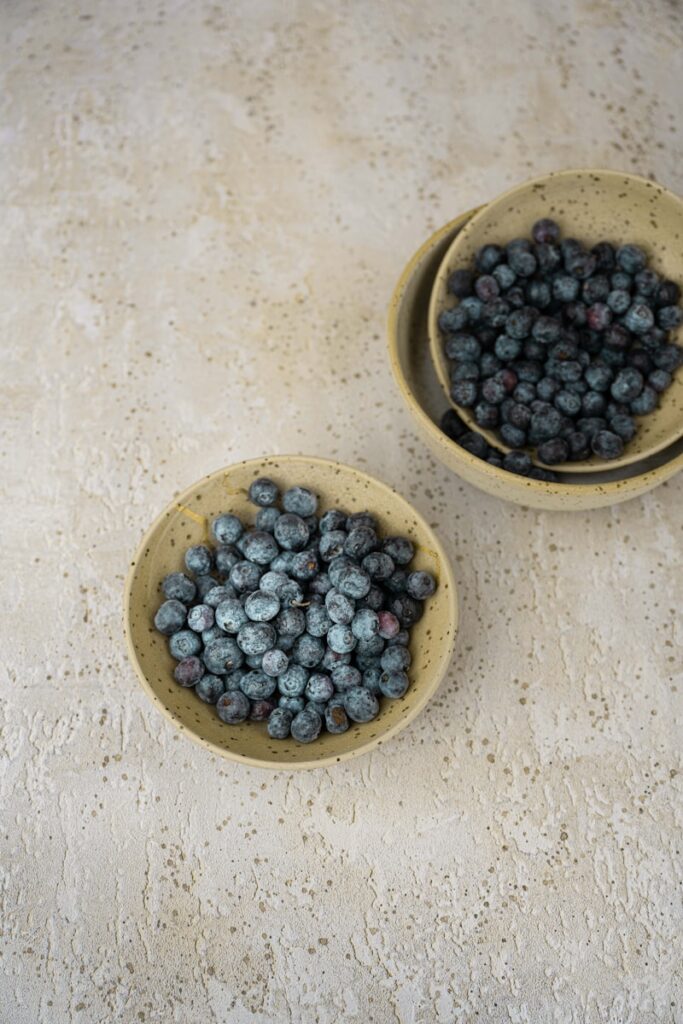
Using frozen blueberries without thawing them the right way can affect the texture and taste of your dishes. When thawed too quickly or unevenly, they can become mushy or lose their vibrant color. For baking, you can use them frozen to prevent color bleeding in batters. For toppings or snacks, let them thaw slowly in the refrigerator to keep their shape and flavor intact. Avoid using the microwave to defrost blueberries, as it can make them soggy. Patience pays off when you want the best consistency and taste.
6. Overcooking Them
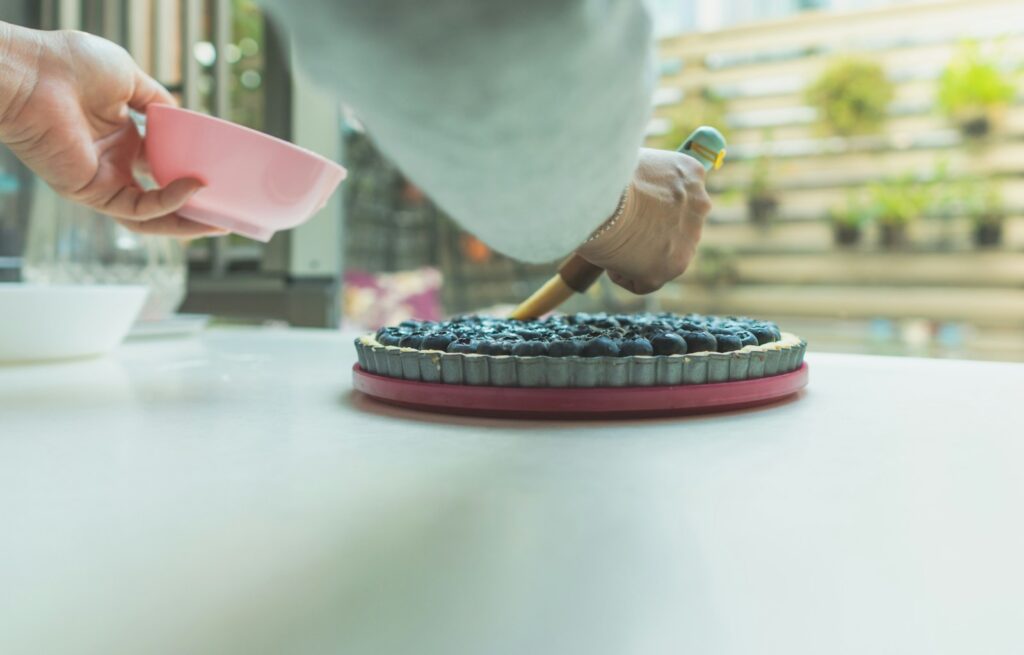
Blueberries are delicate, and too much heat can destroy their natural flavor, color, and nutrients. Overcooking them in sauces, jams, or baked goods can result in a dull color and overly soft texture. To preserve their freshness, cook them gently on low to medium heat for a shorter time. This keeps their deep blue hue and slightly tart-sweet flavor intact. If you’re baking, fold them into batters at the last step to prevent bursting. The goal is to highlight their freshness, not cook away their goodness.
7. Buying Out-of-Season Berries
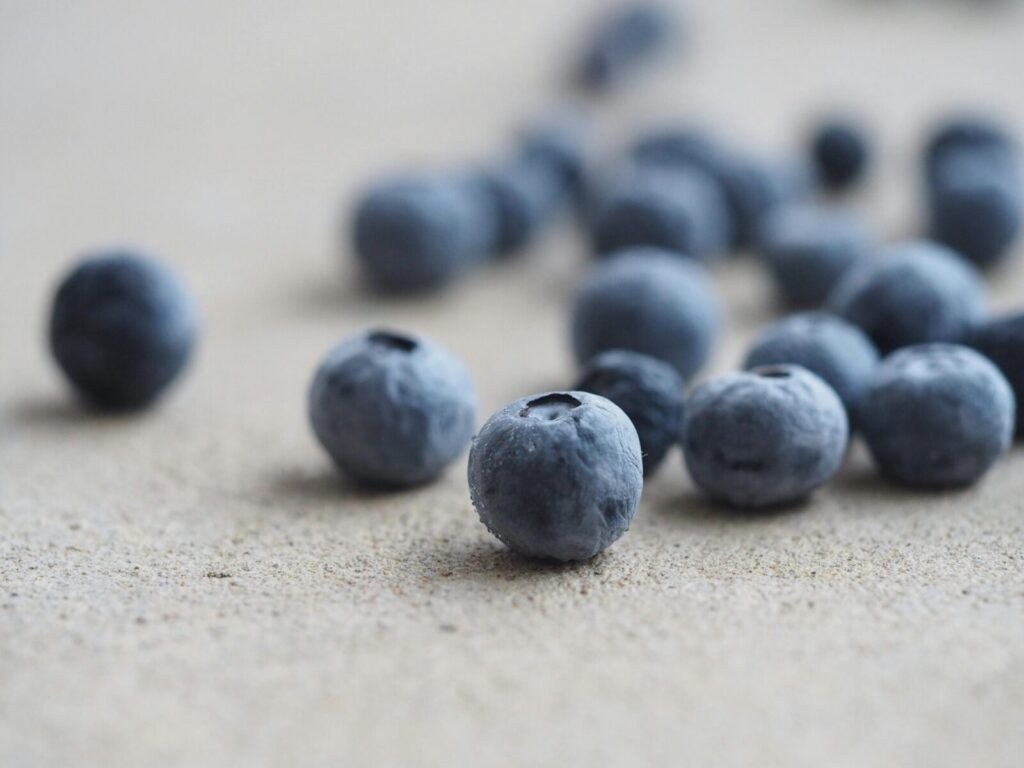
Blueberries taste best during their natural growing season, usually from late spring through summer. Buying them out of season often means they were shipped long distances, picked early, or treated to last longer, which can make them less flavorful and more expensive. If you can’t find fresh, in-season berries, frozen ones are a great alternative since they’re harvested at peak ripeness and flash-frozen to preserve nutrients. Shopping seasonally ensures better taste, value, and freshness, so it’s worth waiting for that perfect summer batch.
8. Forgetting to Mix Them into Savory Dishes
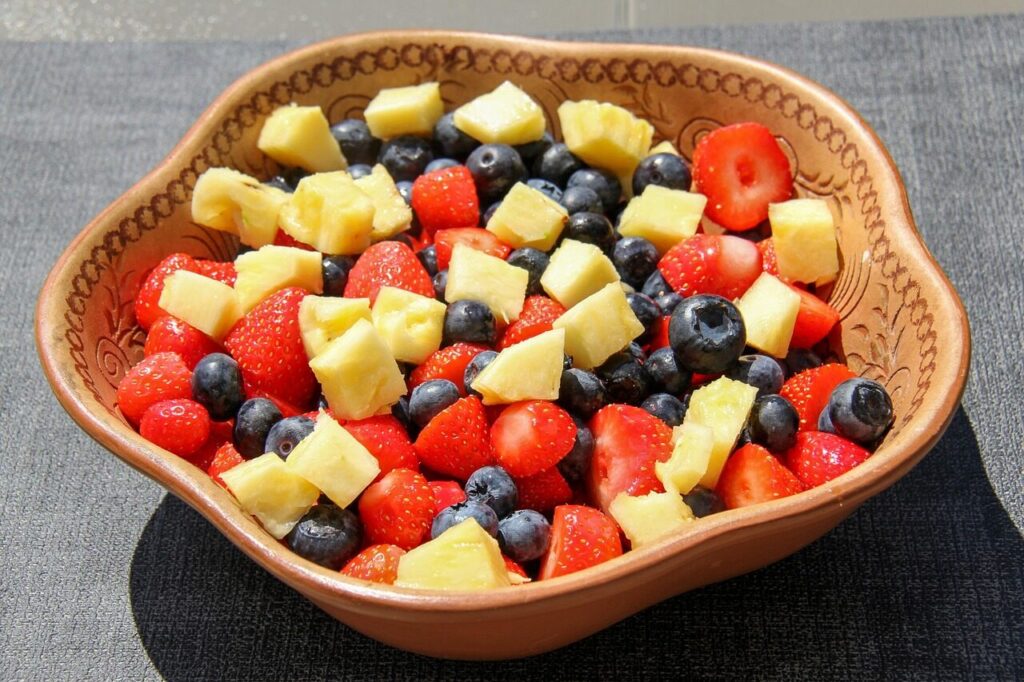
Many people think blueberries belong only in sweet treats, but they can also shine in savory meals. Their natural sweetness and slight acidity add balance to dishes like salads, roasted vegetables, and grilled meats. Try tossing them into a spinach salad with goat cheese or mixing them into a sauce for chicken or pork. Blueberries can also bring a surprising depth of flavor to grain bowls or cheese platters. Exploring them in new ways adds variety to your meals while taking full advantage of their nutritional benefits.
9. Not Checking for Pesticides
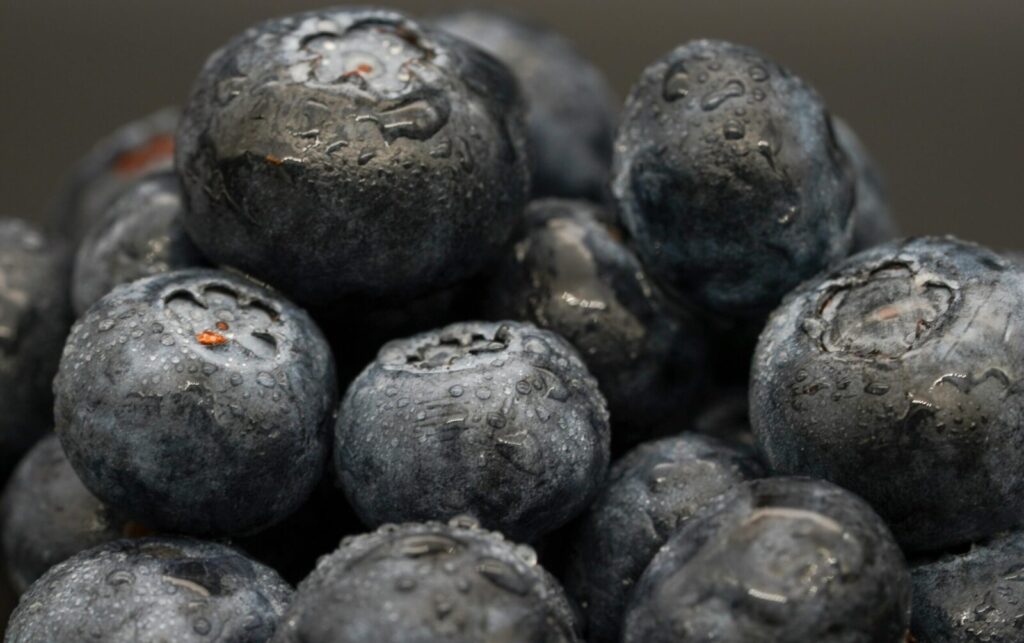
Conventional blueberries can sometimes have pesticide residues, so it’s important to wash them thoroughly before eating. A simple rinse under water helps, but for extra precaution, you can soak them in a mixture of three parts water and one part vinegar for a few minutes, then rinse again with clean water. Choosing organic blueberries when available is another good way to reduce exposure. Proper washing not only keeps you safe but also enhances the taste by removing any dirt or residue left from handling and transportation.
10. Throwing Away Overripe Berries
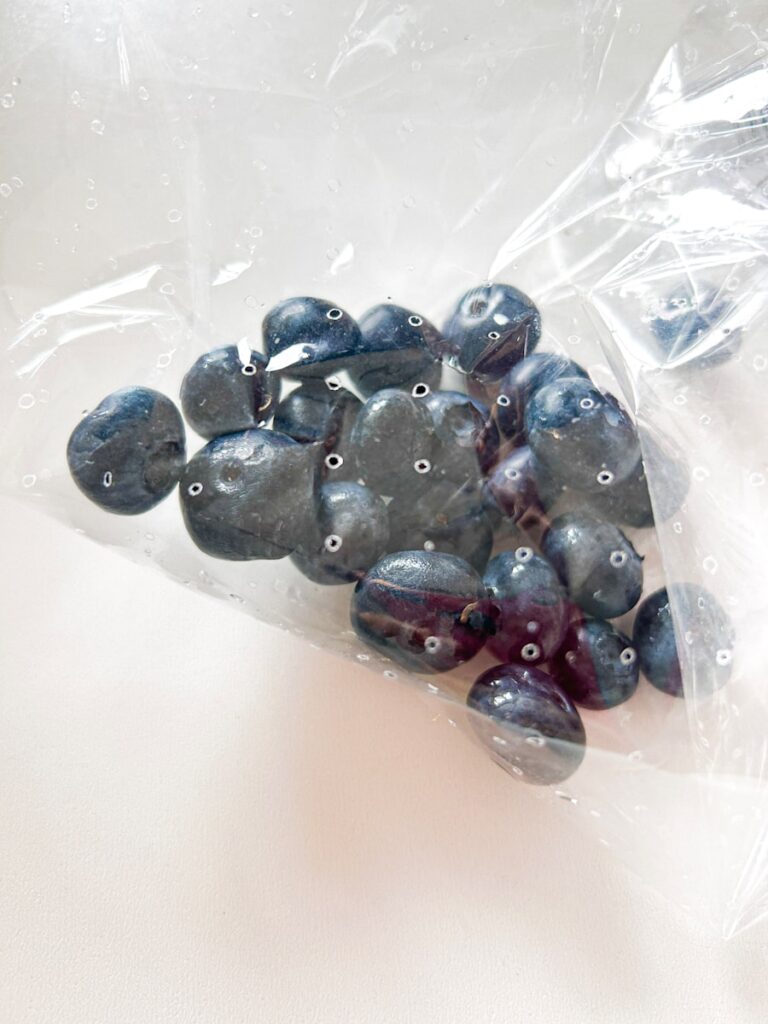
Just because blueberries are soft or wrinkled doesn’t mean they should be discarded. Overripe berries may lose their firm texture, but they are still rich in flavor and perfect for cooking. Use them in smoothies, sauces, muffins, or homemade jams where appearance doesn’t matter as much. They can also add natural sweetness to oatmeal or yogurt. Reusing these berries helps minimize food waste while still enjoying their nutrients. A little creativity in the kitchen can turn slightly overripe fruit into something delicious and resourceful.
Comments